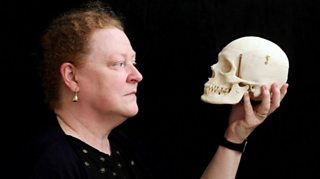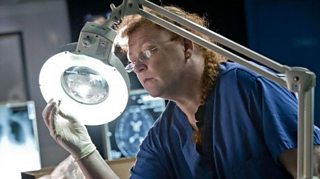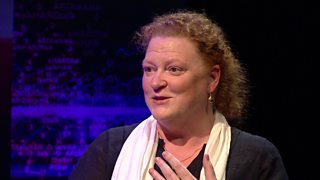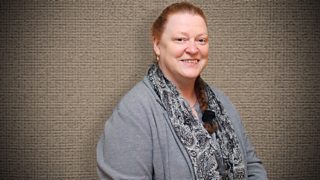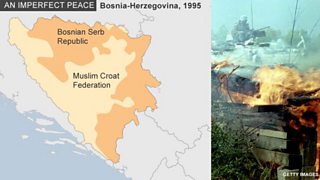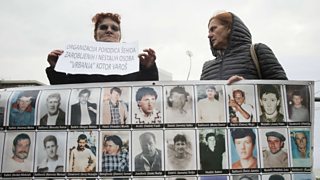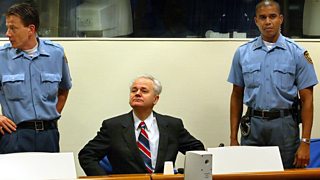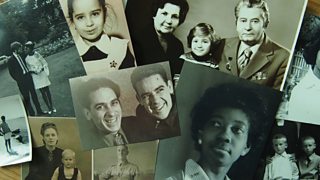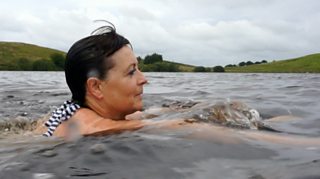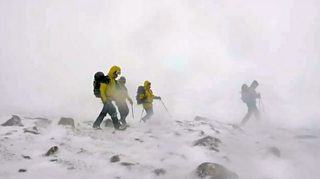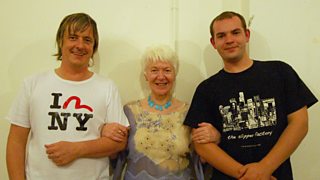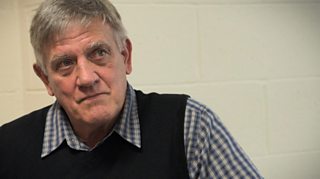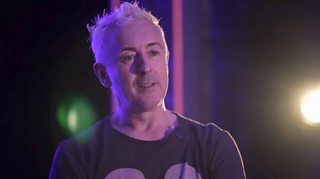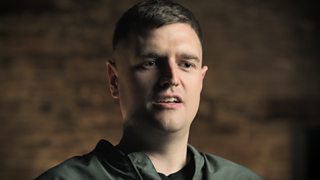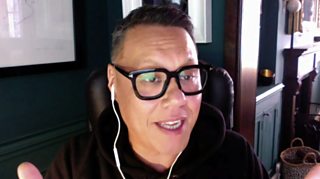How a life surrounded by death helped one of the worldвҖҷs leading forensic scientists to find the вҖҳburning light of humanityвҖҷ
16 October 2018
As one of the world’s leading forensic anthropologists, Professor Dame Sue Black has witnessed scenes of inhumanity few of us would care to imagine.
In Kosovo in 1999, she investigated a horrific crime scene where 44 men fleeing their homes had been captured by Serbian troops. They were taken to an outhouse which was then sprayed with Kalashnikov bullets and set on fire.
“When we arrived, we had the burnt shell of an outhouse and, in each room, we had individuals who had been deceased for about six months in searing heat,” recalled Prof Black on Good Morning Scotland.
“They were very badly decomposed. They were partly burnt because they torched the building, they were partly buried, and the bodies were disrupted because of the activity of dogs.”
The work of clearing the rooms and identifying the bodies was as important as it was horrendous, because if Serbian leader Slobodan Milosevic was to be accused of war crimes, it had to be proved that the men were not combatants but ordinary citizens.
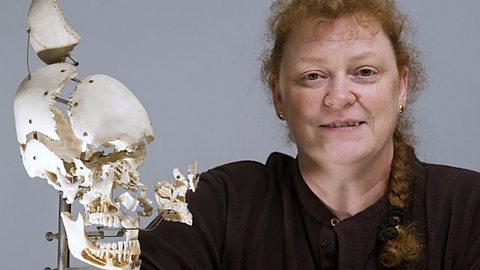
Long Interview: Prof Dame Sue Black
The forensic scientist talks about her career helping to solve crimes.
Despite everything she has witnessed, however, Prof Black sees reason to stay positive.
“I’ve seen some truly awful things in my life,” she admitted, “but in every single one of them there has always been a spark of humanity that completely sends all of that darkness into the corner.”
Prof Black cited the example of a grandmother in Kosovo who brought tea to Sue and her colleagues before they exhumed the woman’s family to gain evidence for the UN.
“That, to me, is the burning light of humanity that you find in the greatest depths of deprivation.
“As long as we’ve got that positivity of human kindness and respect, dignity and decency, that’s what we need to be celebrating.”
Professor Dame Sue BlackвҖҷs work
The Balkans war
-
![]()
Balkans war: a brief guide
War in the former Yugoslavia 1991-1999.
-
![]()
Has the Yugoslavia war crimes tribunal satisfied the families?
The tribunal jailed perpetrators such as Karadzic, Mladic and Milosevic. So some justice - but is it enough?
-
![]()
The Trial of Slobodan Milosevic
In February 2002 the former Serbian president, Slobodan Milosevic, went on trial for war crimes.
-
![]()
Kosovo War
One Serbian soldier tells his story of the Kosovo War.
Latest features from ҙуПуҙ«ГҪ Scotland
-
![]()
'Wild swimming helps me process the grief of losing my son'
The benefits of cold water therapy.
-
![]()
Winter adventures are appealing, but an expert advises caution
Trips in winter require particular knowledge and skills.
-
![]()
The rescuers: Why volunteers risk their lives in mountain emergencies
Landward meets members of the Cairngorm Mountain Rescue Team.
-
![]()
вҖҳLook for the lightвҖҷ вҖ“ practical tips to help you through another winter with SAD
Useful advice and tips to combat low moods at this time of year.
-
![]()
How you could be a binge drinker without even knowing
Binge drinking is classed as fewer units than many people may realise.
-
![]()
How chocolate biscuits and drama classes helped one man leave prison behind
The healing power of creativity.
-
![]()
'When people believe in you, itвҖҷs life-changing'
Author Graeme Armstrong revisits the man who helped turn his life around.
-
![]()
The 'breath-taking' display of US birds swept on to British soil
Recent storms have brought rare birds to our shores.
-
![]()
Six things we learned about Alan Cumming on Take the Floor (Spoiler: includes accordions)
The actor spoke to Take the Floor's Gary Innes.
-
![]()
How street gangs trap young men in a dangerous cycle of violence
The almost inescapable pull of life in a gang.
-
![]()
Why stylist Gok Wan believes there's no such thing as bad fashion
The fashion expert says we should stop following rules and do what feels right.
-
![]()
Is sending a CV still the right way to apply for a job?
They've been central to job applications for years, but are they worth it?
